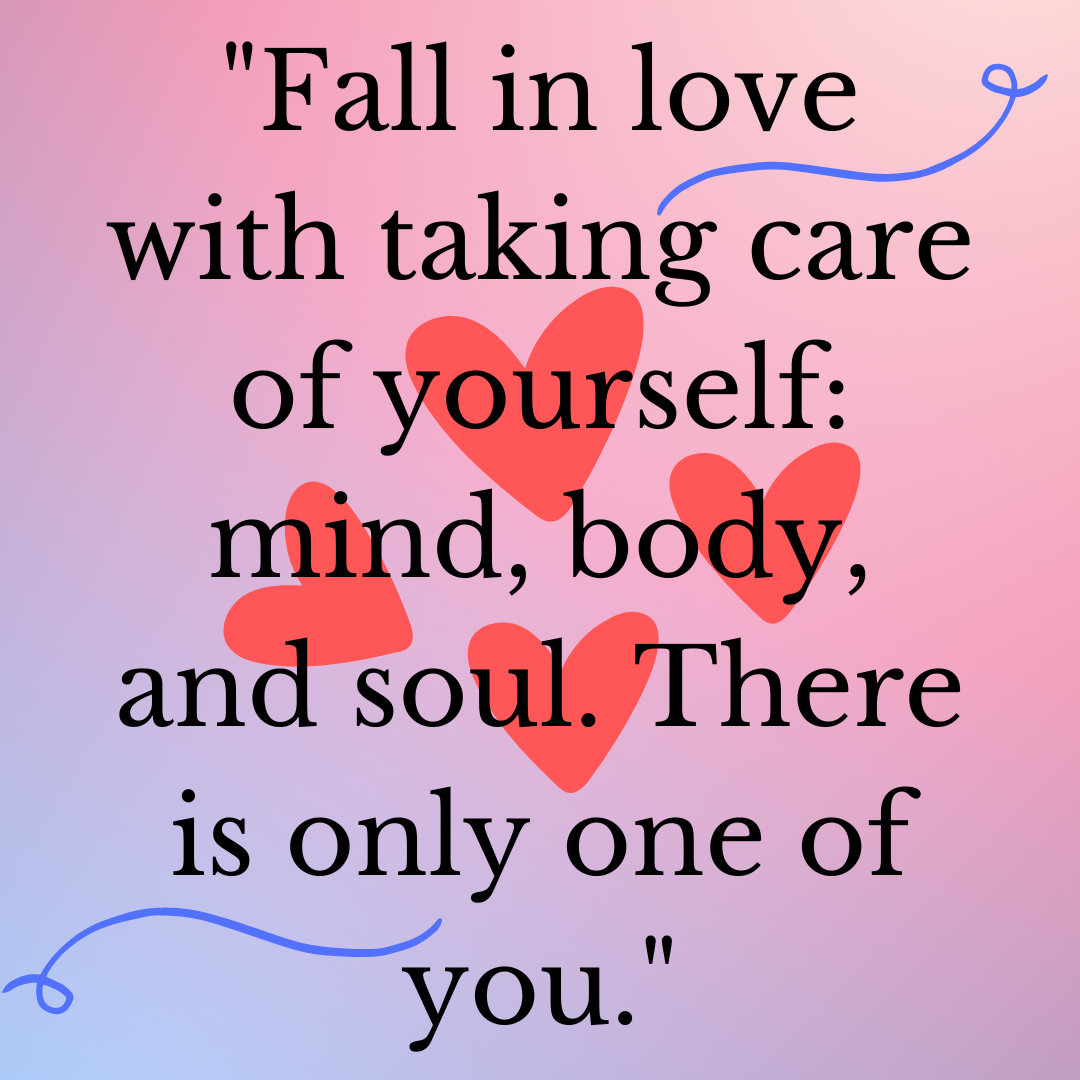Article Library

The Antidote to Heart Disease
According to the Oxford Dictionary, an antidote is “anything that controls the effects of a poison or disease” [1]. There are quite a few medications that serve as antidotes.

Tipping the Balance of Fat
High fat diets are, for the most part, a big part of American meals. At breakfast, eggs, bacon, and sausage are enjoyed. In the nice weather, people grill large steaks and burgers. When eating dessert, ice cream is an undeniable favorite. Although these foods are largely part of life, they are comprised of high amounts of fat. Fat is a requirement of the body, and is needed for fuel and energy storage, cell membranes, and synthesizing other molecules. Yet what happens if it is consumed in excess?

Here Comes the Sun!
Soaking up the warm rays of sunlight is a reminder of how integrally connected the human body is to the natural world. The skin, the largest organ of the body, interacts with the sun, leading to profound health effects.

Eggs and the Connection to Cardiovascular Disease
Eggs are not only a favorite breakfast food for many people, but also an important ingredient in baking tasty treats like cakes and pies. While some research rings the alarm on the health benefits that eggs fail to achieve, others make claims that eggs provide important nutrients. For the purpose of this discussion, let’s take both sides into consideration.

Atrial Fibrillation: Pathophysiology, Standard Treatment, and Modifiable Risk Factors
Atrial fibrillation (A fib or AF) is considered to be the most common type of heart arrhythmia [1]. The sinus node, located in the right atrium, is a group of specialized cells that serve as an internal pacemaker for the human body. This is important because the node spontaneously generates the heartbeat. It releases an electrical impulse that causes the cardiac cells within the two upper chambers, or atria, to become excitable and conduct the impulse to the surrounding cells.

Loving Your Heart
When a problem exists with respect to the heart or the blood flow, the rest of the body likewise suffers. The heart is responsible for connecting the blood with each and every part of the body. It depends upon a functioning plumbing system.

A Close Look at Cholesterol
The public is constantly informed to keep cholesterol levels low. High cholesterol is a big risk factor for cardiac disease, the leading cause of death in the United States. Yet what is its purpose in the first place?

Blood Pressure Variables and Importance of Accuracy
Blood pressure is a significant factor when determining a cardiac problem that often leads to prescribed medications. Because variables affect readings so easily, take action to prevent false readings…

Body-Mind Connection in Heart Disease
An article published in The American Journal of Medicine highlighted the important relationship between the body and the mind, particularly with respect to cardiovascular disease and mental health [1]. Sometimes overlooked when considering the cardiovascular system, mental health plays a large role in a person’s internal environment.